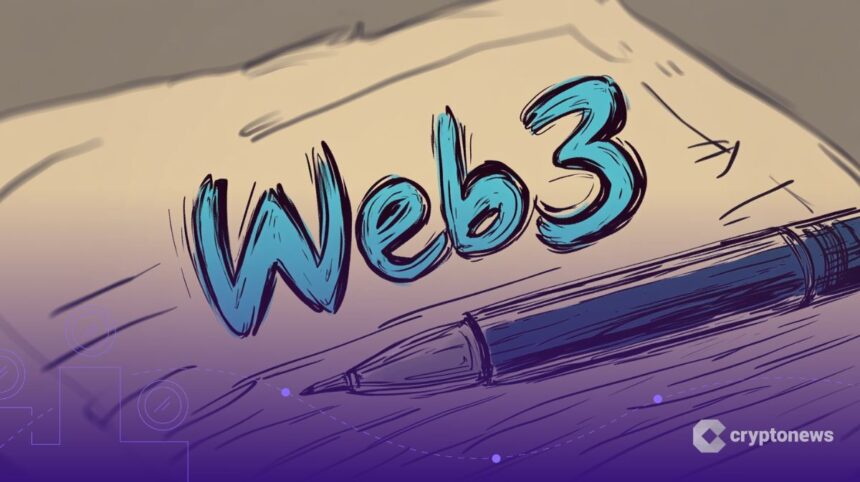Mirror, the Ethereum-based publishing tool, is set to cease operations, with a full transition of its users and content to Paragraph anticipated over the coming month. This strategic move follows Paragraph’s acquisition of Mirror in 2024 and the successful raising of $5 million from prominent investors, including Union Square Ventures and Coinbase Ventures.
In an announcement shared by contributors Colin Armstrong and Reid DeRamus, it was confirmed that all existing writers, their posts, and subscriber data will be automatically migrated to Paragraph without any required action from the creators. The integration aims to enhance the product roadmap and streamline the publishing infrastructure, ensuring a smooth continuation of services for Mirror’s users. “Your writing will remain live, and readers visiting your Mirror blog will be redirected to your new home on Paragraph,” the announcement stressed.
The transition incorporates features that were initially developed across both platforms. Among these are reader coins, which enable supporters to contribute directly to individual posts, and writer coins, which allow ongoing support for a creator’s entire body of work. A remix function will also be available, enabling users to publish responses linked to original content, fostering a collaborative environment and creating additional revenue streams.
Both Mirror and Paragraph were established as crypto-native alternatives to traditional content platforms, utilizing digital assets for on-chain monetization, audience management, and self-custody of content. This positioning has established them as creator-first platforms within the evolving landscape of Web3 publishing.
When Paragraph’s acquisition of Mirror was first announced in May 2024, CEO Colin Armstrong articulated the company’s vision to unify on-chain publishing models. Mirror founder Denis Nazarov transitioned into an advisory role, maintaining his involvement throughout the integration process.
As Mirror winds down its operations, Paragraph will become the primary platform for content publishing, potentially setting a precedent for similar consolidations within the Web3 publishing sector. This shift may prompt other projects to reconsider their infrastructure and feature sets in a bid to sustain engaged communities while minimizing complexity.








